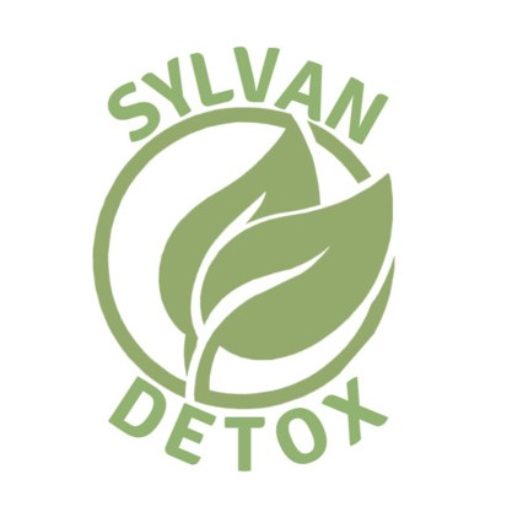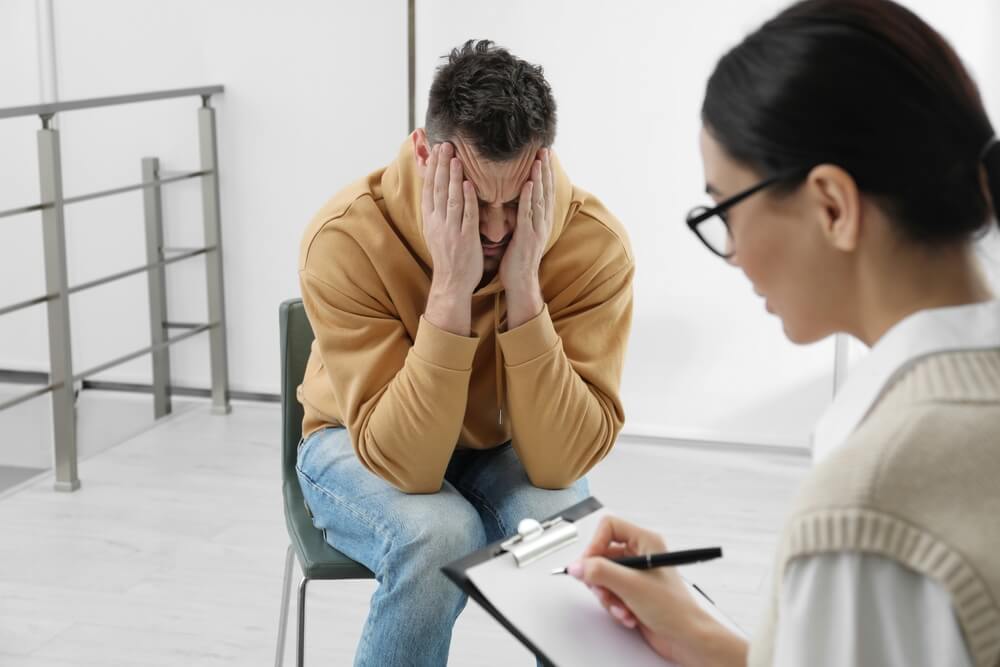18 Signs It’s Time to Quit Drinking
Alcohol addiction, or alcoholism, is a condition in which the body becomes dependent on alcohol. It can be harmful to an individual’s health, including their quality of life. People who are alcoholics are addicted to alcohol and may think they need it to function normally. Alcohol addiction can lead to increased tolerance where they need to drink more to achieve the same effect, as well as physical dependence, better known as withdrawal symptoms when not drinking enough and craving alcohol. If you or a loved one can relate to any of these signs of alcohol addiction, consider seeking help through alcohol detox in LA.
If you’re trying to cut back on alcohol consumption, you may need assistance from alcohol detox LA. Alcohol is linked to serious health problems, including some cancers and liver disease. But there’s no magic formula for determining when it’s time to quit drinking. If you think you might have a problem with alcohol abuse or dependence, check out these signs that it’s time for you to quit drinking:
- You’re waking up hungover more often
- You feel less energetic than you used to
- You’re less productive at work or school
- You crave alcohol often
- You make risky or harmful decisions when drinking, such as drinking and driving
- You have memory loss when you drink
- Your stress and anxiety have increased
- You have more interpersonal conflicts
- You drink more than two drinks a day
- You feel icky overall
- Your social life revolves around drinking alcohol
- You find that you outpace others while drinking
- You have a hard time sleeping
- You’re struggling to lose weight
- You drink to cope with difficult situations or feelings
- You drink more days a week than you don’t
- You have trouble stopping at just one drink
- You spend more money on alcohol than other important things
It’s time to quit drinking when you feel that it’s interfering with your normal daily living activities or when you find yourself making excuses to drink. The decision to stop drinking is one of the most important decisions you can make. It may take time, but it’s worth it.
If you or a loved one is suffering from any form of addiction or abuse, please call Sylvan Detox at (818) 308-3099.
How to Get Ready to Quit Drinking

Before you quit drinking alcohol, it’s important to be ready. It takes a lot of preparation and planning to make sure that you are truly ready to quit drinking alcohol. Before deciding to quit drinking, make sure it’s something that you really want. The best way to do this is to listen to your body and examine your past experiences with alcohol. If you find yourself craving a drink or preoccupied with wanting one, then deciding to go dry may be the right choice for you. Here’s how to stop drinking:
- Examine the effects alcohol has on you
- Explore your relationship with alcohol
- Talk about receiving help for alcohol addiction
- Change your environment to ensure you’re not around alcohol
- Prepare for alcohol detox in LA
- Prioritize self-care
- Reach out for support
If you currently have a drinking problem, it’s important to know that there are plenty of support services available. Whether it’s support groups or alcohol rehab, knowing you’re not alone can make all the difference.
Who Should Consider Alcohol Detox?
Alcohol detox is a process where the body is flushed of alcohol, which can affect the central nervous system. Alcohol detox can be difficult if the individual stops drinking alcohol because the body becomes dependent on it for function. Sylvan Detox Alcohol detox helps to remove all traces of alcohol from the bloodstream and restores balance in the bodily system.
Alcohol detox is recommended for anyone with a drinking problem. The main goal of alcohol detox is to give your body time to recover and heal while abstaining from alcohol. A medically supervised detox outpatient detox program or in a residential treatment program is the safest way to go through withdrawal.
Alcohol withdrawal symptoms vary based on the individual. Common alcohol withdrawal symptoms include:
- Shakiness
- Nausea
- Sweating
- Vomiting
- Headache
- Racing heart rate
- Insomnia
- Restlessness
- Fatigue
- Clammy skin
- Irritability
- Agitation
- Anxiety
- Depression
- Mood Swings
- Body tremors
- High blood pressure
- Fever
- Confusion
- Disorientation
Our Alcohol detox program is important for anyone who has been drinking regularly and wants to stop. This can include people with a substance abuse problem, people who have a history of drug abuse, or those with a family history of alcoholism.
5 Steps of Alcohol Detox
Alcohol withdrawal tends to follow a timeline of symptoms and severity, the timeline is as follows
- Six to 12 hours after your last drink. At this time you’ll probably start to experience symptoms like sweating, headaches, shaking, anxiety, nausea, and vomiting. You’re probably not feeling the greatest, as your central nervous system gives you unpleasant messages that it requires alcohol. You might be prescribed an anti-nausea medication to help keep fluids down.
- 12 to 24 hours after your last drink. By this time, your central nervous system is really unhappy that it isn’t getting any alcohol. You may experience hallucinations, confusion, and in less severe cases agitation and insomnia.
- 24-48 hours after your last drink. This is a critical time for those at risk of severe withdrawal symptoms, such as seizures. This is on top of the previous symptoms you are experiencing, and if your care team deems it necessary for your safety and comfort you will be prescribed medication to reduce your risk of seizure.
- 48 hours and beyond. Your symptoms should begin to wane, however in some instances the severity of withdrawal increases. Around 5 to 20% of people in treatment advance to the most serious phase of alcohol withdrawal, delirium tremens. If that seems high consider that one-third of all patients who do not receive treatment progress to this phase, and that is why a supervised medical detox is critical for your safety. If your symptoms reach this level your medical care team will prescribe benzodiazepines to alleviate suffering.
- 7 days after your last drink. You’ve made it! The majority of people complete detoxification from alcohol within a week and begin to feel better as symptoms fade.
Some individuals experience protracted alcohol withdrawal, which means that some of the less severe symptoms of withdrawal persist after the physical detox is finished, sometimes up to a year. While less severe in intensity, these symptoms are still unpleasant and may include both physical and psychological symptoms such as
- Anhedonia (inability to feel joy)
- Depression
- Impaired interpersonal skills
- Obsessive-compulsive behavior
- Pessimistic thoughts
- Extreme fatigue
- Memory problems
- Emotional highs and lows
- Anxiety
- Cravings
- Panic disorder
Not everyone will experience protracted withdrawal, however, it is important to acknowledge that symptoms may persist to manage relapse prevention. It’s also important to understand that while you may have persistent psychological symptoms, those too will lessen and disappear as you travel on your path to recovery.
Overcoming the “I’m No Fun Without Alcohol” Myth
The “I’m no fun without alcohol” myth is a phrase used by people to describe their experience of losing control of their alcohol use, their inability to quit drinking, and how they’re terrorized by alcohol. This is a serious issue that many people struggle with, who may not see it as a problem at first. The real issue is developing an addiction to substances including alcohol, nicotine, and other drugs that can take over your life causing negative effects like legal issues, interpersonal problems, and health concerns. Here’s how to debunk the “I’m no fun without alcohol” myth:
- Monitor your thoughts
- Redefine what “fun” means to you
- Take responsibility for having fun without alcohol
Alcohol is a depressant that can act as a relaxant. Alcohol can make you appear more fun, but it reduces your true personality. Many people have learned that drinking alcohol makes them seem more confident and sociable because they feel less inhibited, but this is merely a psychological effect of alcohol.
Start Your New Life Without Alcohol by Calling Sylvan Detox Today
If you want to get off alcohol for good and are ready to end your addiction with alcohol detox in LA, you can get the help you need from Sylvan Detox. Our medical detox program offers one-on-one counseling sessions, support groups, and medical monitoring tailored to each patient’s needs.
The Sylvan Detox is an excellent choice for those who need to detox from alcohol. The clinic is staffed by medical professionals who can provide tranquil and safe surroundings, along with high-quality amenities and services. Each patient receives a personalized treatment plan and is given the resources to live a positive life of sobriety after detox. Alcoholism is a disease that can be managed and even beaten. With the help of Sylvan Detox’s alcohol detox LA program, your brain chemistry can change, and you’ll be able to enjoy life without the urge to drink alcohol. If you or a loved one struggles with alcoholism, contact Sylvan Detox today.

